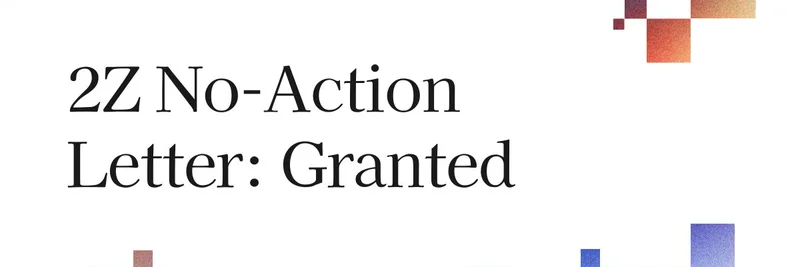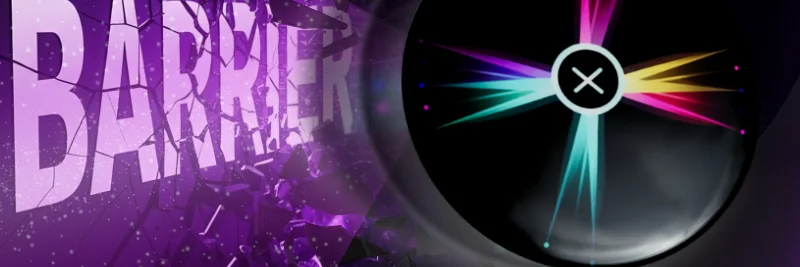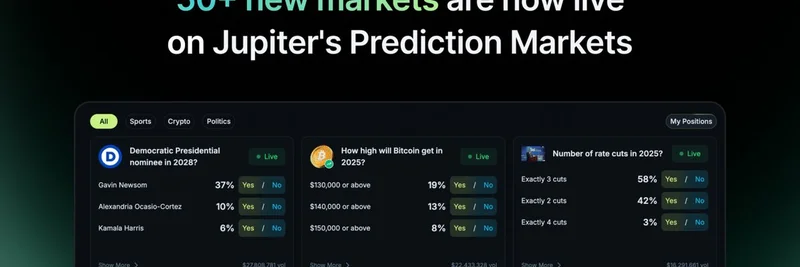In a move that's got the crypto community buzzing, the U.S. Securities and Exchange Commission (SEC) has issued a No-Action Letter to DoubleZero for its upcoming 2Z token. This is huge because it's the first such letter from the SEC in years, signaling a potential thaw in regulatory attitudes toward digital assets. For those not deep in the weeds, a No-Action Letter is basically the SEC staff saying, "If you do things as described, we won't recommend enforcement action against you." It's not a full green light, but it's pretty close to regulatory clarity in an industry that's often felt like navigating a minefield.
The news broke via a tweet from Haseeb Qureshi, managing partner at Dragonfly Capital, who quoted DoubleZero's announcement. DoubleZero, a project focused on accelerating communication in high-performance distributed systems—think improving bandwidth and reducing latency in blockchain networks—shared that after four months of engagement with the SEC, they've got the nod that 2Z doesn't need to register as an equity security. Moreover, the programmatic flows of 2Z on their network won't be treated as securities transactions.
This development is particularly exciting for the meme token space. Meme tokens, those fun, community-driven cryptocurrencies often inspired by internet culture, have historically danced on the edge of regulatory scrutiny. Many projects worry about crossing the line into what the SEC might deem a security under the Howey Test—a legal framework that looks at whether something is an investment contract. By securing this letter, DoubleZero sets a precedent that could inspire other teams, including meme token creators, to engage constructively with regulators and launch in a more compliant way right here in America.
Haseeb's reaction—"We're so back"—captures the sentiment perfectly. After years of enforcement actions and uncertainty, this feels like a step toward a more innovation-friendly environment. DoubleZero emphasized that this is a "landmark moment for the crypto industry," and they're not wrong. It shows that with the right approach, projects can get clarity without the fear of sudden crackdowns.
For blockchain practitioners and meme enthusiasts alike, this means potentially more U.S.-based launches, easier access for investors, and a stronger foundation for growth. If you're building or investing in meme tokens, keep an eye on how this framework evolves—it could make compliant drops the new norm. As always, stay tuned to Meme Insider for the latest on how regulatory shifts like this impact your favorite viral coins.



